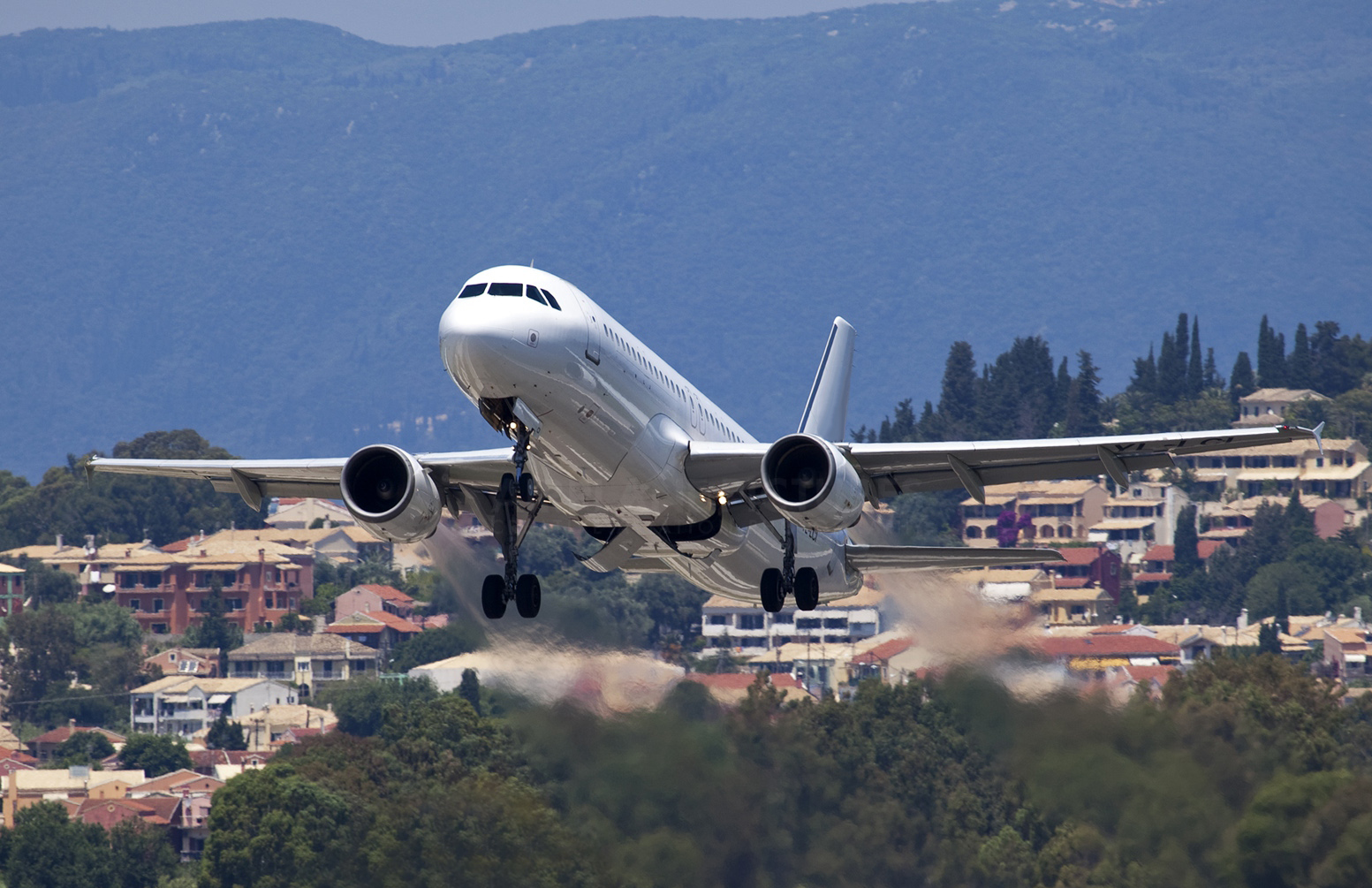
After three years of record sales slowed down airliners. This is due to the fall in oil prices and conflict in the Middle East. This was announced at the air show in Dubai, where the number of orders for new aircraft has already decreased. The event will last until November 12. Nevertheless, already noticeable that orders for commercial models showed a fall below the level of 2013. It is believed that the level of orders made in 2013 and has made over 400 contracts for the purchase or more than 206 billion US dollars, will not happen again. However, analysts argue that this recession - a return to normal levels. The market is saturated with wide-body airliner, the end of the decade could have a negative impact on the market. At the peak of the growth of many airlines buy airplanes, - said a senior analyst at IHS Aerospace, Defence & Security Ben Moore. However, Boeing is confident in maintaining the long-term demand for its aircraft, particularly in the Middle East. The company is confident that in the next 20 years it will require more than 3,000 aircraft. According to rumors, Etihad Airways anonymously ordered 10 aircraft Boeing 777X. Both companies declined to comment. At the same time, Airbus has admitted he did not expect orders for the new A380. The corporation said that it is unlikely to bring the air show contracts for the purchase of the largest aircraft in the world. The company is negotiating with several potential customers, but contracts with them are likely to be signed next year. The three largest air carrier in the Middle East, which were considered as the main buyers of Airbus A380, have decided to postpone the purchase of the ship due to the oil price. Earlier, Emirates Airlines planned to upgrade the A380 for their needs and, possibly, increase the length of the aircraft, adding additional seats. The company has ordered a total of 140 Airbus A380, stating that it could acquire up to 200 aircraft, if there is a new version. Now the company is in no hurry to upgrade the 540-seat airliner, since it will entail costs in excess of 2 billion euros. It is expected that the recent boom in commercial orders will come an increase in demand for spare parts for aircraft manufactured in the United Arab Emirates and India. In addition, at least four Gulf countries are negotiating the purchase of fighter jets. Nevertheless, some countries of the same region have decided to stay in the program of modernization of existing equipment due to lower oil revenues.
Back to other news












